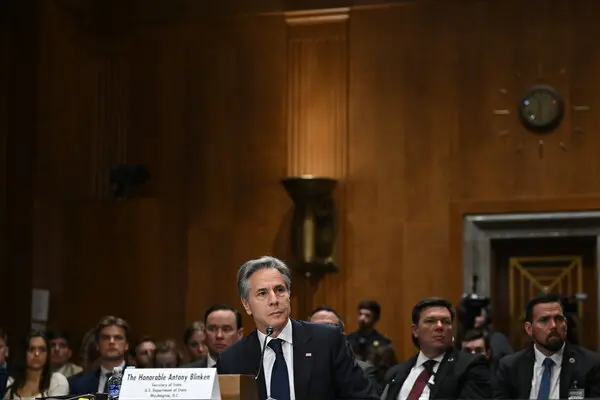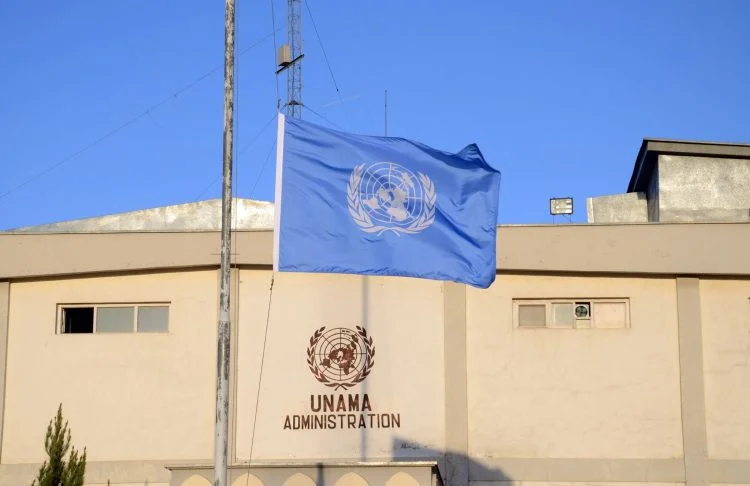On Tuesday, the House Foreign Affairs Committee subpoenaed Secretary of State Antony Blinken. He must appear later this month. The committee will discuss its report on the US’ withdrawal from Afghanistan.
“The Committee is holding this hearing because the Department of State was central to the Afghanistan withdrawal and served as the senior authority during the August non-combatant evacuation operation (NEO),” Republican Chairman Michael McCaul wrote of the hearing set for September 19.
In his letter, McCaul said Blinken had refused previous requests to appear before the committee.
CNN has reached out to the State Department for comment.
McCaul has repeatedly called for accountability from the Biden administration on how the withdrawal from Afghanistan played out. He has slammed the administration for the Abbey Gate bombing. The bombing killed 13 US service members. It occurred in the final chaotic days of the withdrawal.
On September 9, McCaul will release his committee’s report. The report will detail the findings from its three-year investigation. The investigation focused on the withdrawal from Afghanistan.
McCaul, in a statement, said the report “will serve as an indictment on the administration’s reckless refusal to properly prepare for the withdrawal, their cold indifference to the safety and security of U.S. personnel on the ground before and during the emergency evacuation, and their culpability in the deaths of 13 U.S. servicemembers who perished in the terrorist attack at Abbey Gate.”
State Department Criticizes Troop Withdrawal
Last year, the US State Department publicly released its Afghanistan After Action Review report. The report found that the decisions to pull all US troops from Afghanistan had detrimental consequences.
“The decisions of both President (Donald) Trump and President (Joe) Biden to end the U.S. military mission in Afghanistan had serious consequences for the viability of the Afghan government and its security,” the unclassified report said.
“Those decisions are beyond the scope of this review, but the AAR (After Action Review) team found that during both administrations there was insufficient senior-level consideration of worst-case scenarios and how quickly those might follow,” it said.
The committee has conducted more than a dozen interviews as part of the investigation into the 2021 evacuation.
Former White House press secretary Jen Psaki sat for a transcribed interview before the committee in late July.
And three top State Department officials provided hours of closed-door testimony to the committee, providing more on the “unprecedented” situation in the final days of the US presence in Afghanistan.
Those officials – John Bass, Jim DeHart and Jayne Howell – rushed to Kabul in the days surrounding the Taliban’s seizure of the capital city, and dove into creating systems on the fly alongside the US military and with constantly changing input on the ground and coming from DC, as CNN has reported.
This news is sourced from CNN and is intended for informational purposes only.






